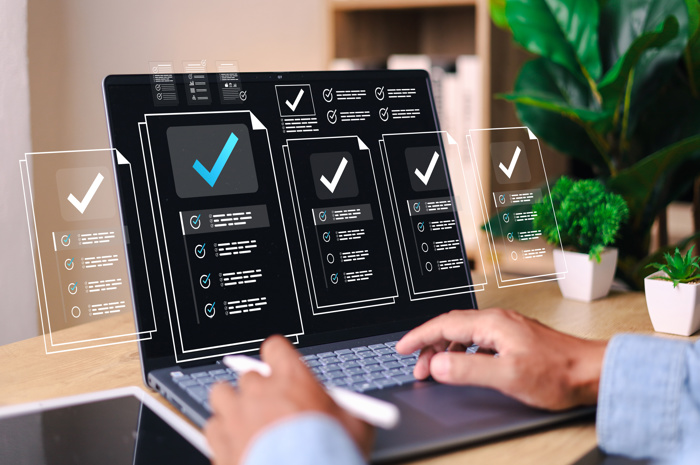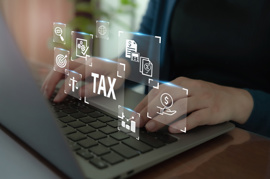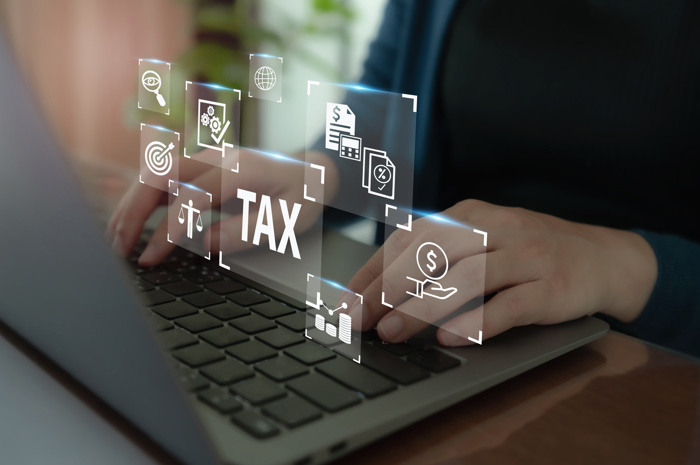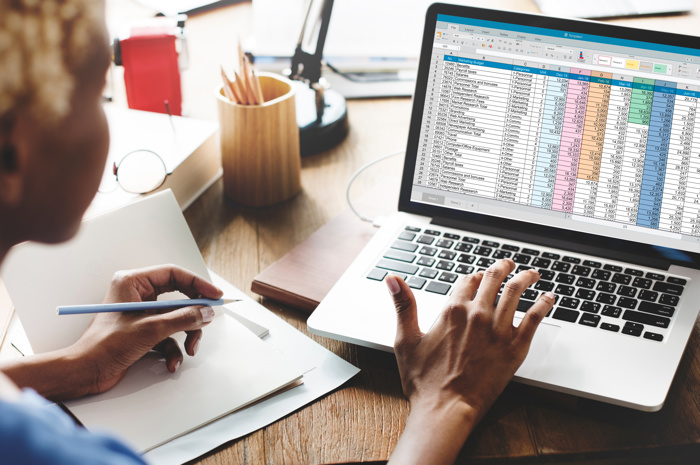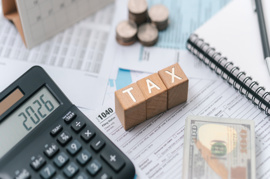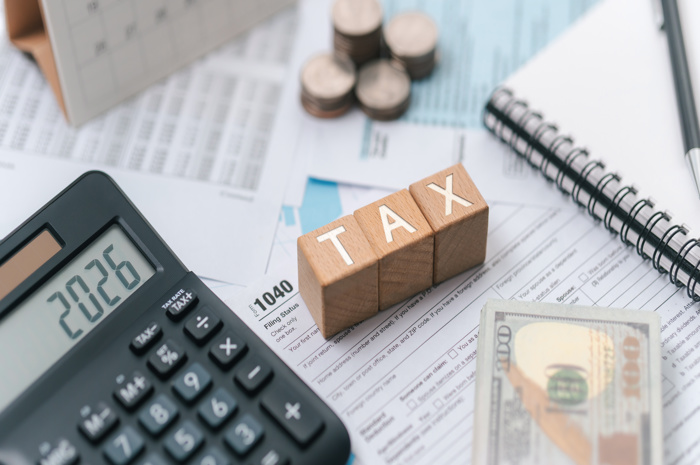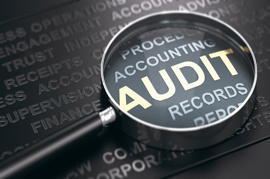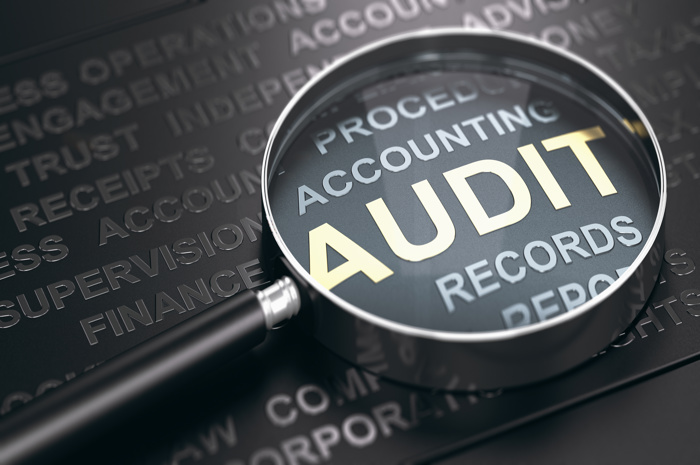Energy prices have increased in April, but what does it mean?
As energy prices have increased in April, small and micro limited companies may be particularly concerned about the impact on their business. With energy bills representing a high overhead cost for many businesses , price hikes could significantly impact profitability and create concerns about the yearly company tax return cost.
In light of these changes, we have created a list of practical things you can do in order to save some money.
Assess your energy usage
The first step for businesses is to asses their energy usage and identify areas where savings can be made. This can be achieved by conducting an energy audit, which involves assessing the energy consumption of different parts of the business and identifying areas where energy can be saved. For example, companies can reduce their ener4gy consumption and save money on bills by turning off lights and appliances when not in use, using energy efficient light bulbs, and reducing heating and cooling usage.
Invest in energy efficiency
Another way small and micro limited companies can save money on energy bills is to invest in energy- efficient equipment and appliances. This can include upgrading to energy- efficient light bulbs, investing in energy- efficient office equipment, and improving insulation in the workplace. While there may be an upfront cost to investing in energy- efficient equipment, the long term savings can be significant, particularly for small and micro- limited companies with limited budgets.
Switch to a cheaper tariff
One of the most effective ways for companies to save is to switch to a cheaper tariff. BY shopping around and switching to a cheaper supplier, companies can save hundreds of pounds per year on their energy bills. Many energy suppliers offer deals and discounts for new customers, and by regularly reviewing energy tariffs, companies can ensure they are getting the best deal .
Consider renewable energy
Renewable energy could be a viable alternative to traditional energy sources for some companies. Solar panels, wind turbines and other renewable energy sources can help reduce energy bills and provided sustainable energy source for the business. While installing renewable energy systems can be expenses, long term savings can be significant, particularly for companies that use a lot of energy.
Monitor energy usage
Finally, small and micro- limited companies need to monitor their energy usage and identify areas where energy is wasted. This can be achieved by using smart meters and energy monitoring software, which can help identify areas where energy consumption is high and suggest reducing usage. By regularly monitoring energy usage, companies can identify trends and patterns in energy consumption and make informed decisions about reducing energy bills.
As energy prices increased in April, small and micro limited companies may be particularly concerned about the impact on their business . However by assessing energy usage, investing in energy efficiency, switching to a cheaper tariff, considering renewable energy, and monitoring energy usage, companies can mitigate the impact of energy price hikes and keep their business running smoothly.
At Easy Digital Filing, we understand the importance of financial planning for small and micro limited companies and offer a range of services to help business manage their finances effectively. Our digital tax filing platform simplifies the tax filing process and helps companies to stay compliant with tax regulations, allowing them to focus on growing their business. Contact us today to get started on your money saving and tax filing journey.



